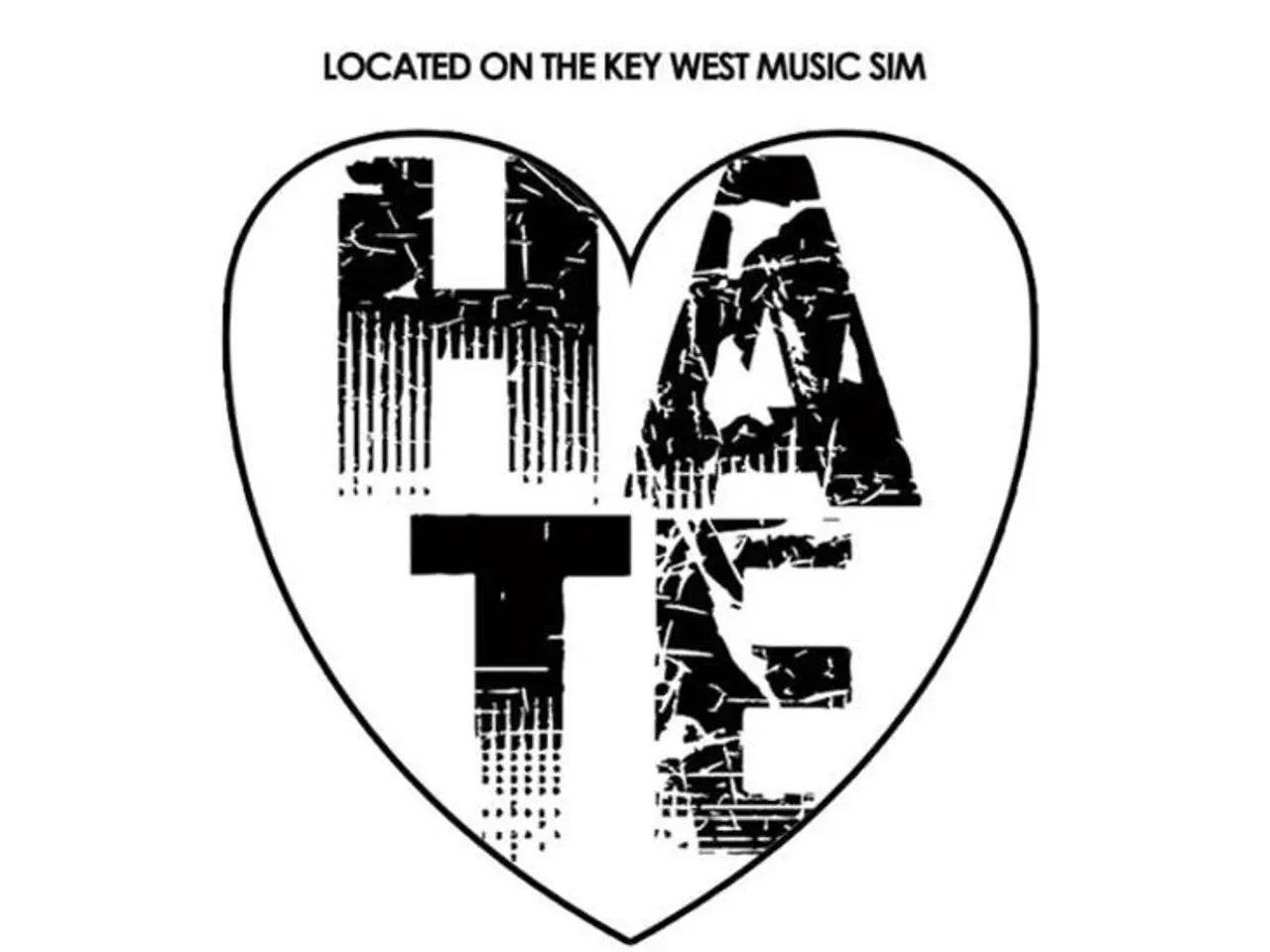Disliked Expressions by Self-Centered Individuals
In dealing with individuals who exhibit narcissistic tendencies, it's essential to understand their behavioural patterns and the phrases that trigger emotional responses. Here are some insights to help navigate relationships more effectively.
Narcissists often view others as tools for their gratification. They dislike phrases that challenge their control, expose their flaws, or deny them admiration. These phrases threaten their fragile self-image and sense of superiority, triggering strong emotional reactions.
Common phrases disliked by narcissists include:
- Setting clear boundaries, such as "No, I won't do that."
- Highlighting their flaws or mistakes, like "You were wrong."
- Denying them special treatment, such as "You’re not special."
- Showing indifference or lack of admiration, for example, "I don't care about your opinion."
- Calling out their manipulative behaviour, such as "You’re lying/manipulating."
- Rejecting their demands, such as "I won't tolerate this."
- Demanding accountability, such as "Take responsibility for your actions."
- Expressing independence, like "I have my own life."
- Questioning their intentions, such as "Why are you doing this?"
- Refusing to engage in drama, such as "I’m not participating."
These phrases can trigger emotional responses like anger, defensiveness, rage, or silent withdrawal. Narcissists rely heavily on controlling others' perceptions to maintain their self-esteem. When their control is challenged or their grandiose self-image is threatened, they experience distress and react to regain dominance or punish perceived disrespect.
Communicating that you have your own needs and boundaries undermines their belief that relationships should be one-sided. Calling out a narcissist's unacceptable actions challenges their belief that rules don't apply to them. Expressing independence and asserting that you don't require a narcissist's approval threatens their control over you.
Approaching situations with narcissists requires care, as they may respond unpredictably and even aggressively when their fragile self-image is threatened. The phrase "I won't be manipulated" disrupts their manipulative strategies and asserts your resilience. Calling out a narcissist's disrespectful behaviour can evoke feelings of shame and vulnerability in them.
Expressing that their feelings are not your sole responsibility sets a boundary that challenges their self-centered worldview. Narcissists often manipulate others to seek approval and validation. The narcissist may react with anger or attempt to guilt-trip you when their feelings are not prioritized.
In summary, understanding the phrases that narcissists find challenging can empower individuals to navigate relationships more effectively. It's crucial to communicate assertively, set boundaries, and express your independence while remaining mindful of the potential emotional responses.
- In discussions about health-and-wellness and mental-health, it's essential to remember that narcissistic individuals might react negatively to phrases that question their behavior or demand accountability, such as "Take responsibility for your actions."
- By practicing lifestyle changes focused on personal growth and self-awareness, one can seek healthier family-dynamics and relationships, avoiding phrases that fuel narcissistic tendencies, like "You’re lying/manipulating."
- To maintain balanced relationships, it's important to communicate the importance of building mutual respect, especially by using phrases like "I have my own life" to assert independence, which disrupts the narcissist's tendency to control others' actions and perceptions.




